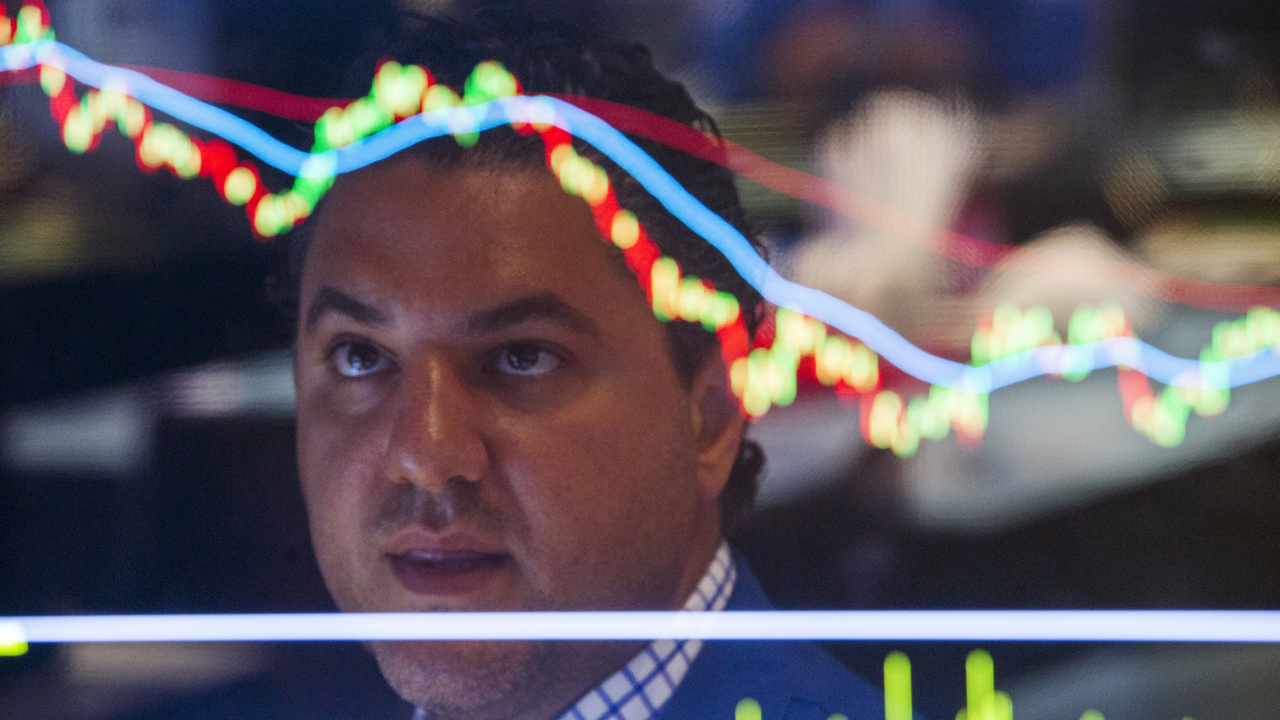Markets' Threshold for Geopolitical Risk is Rising
Markets managed to shake off early losses on Tuesday after a terror attack in Brussels, Belgium killed at least 31 people, underscoring investors' rising resilience to jolts of turbulence
Travel-related stocks took the biggest hit on Tuesday. Well-known large-cap companies including Delta Air Lines (NYSE:DAL), Carnival (NYSE:CCL), Marriott International (NYSE:MAR), and American Airlines (NYSE:UAL) tumbled at the start of the session, though many recovered steep losses, with some of the names in the space turning positive by the closing bell.
Tuna Amobi, S&P Global Market Intelligence equity analyst, said in a note that the attacks in Brussels could have a negative but “manageable” impact on first-quarter earnings results for some multi-national travel companies like Priceline (NYSE:PCLN), Expedia, and TripAdvisor (NYSE:TRIP).
“These companies have relatively expansive international operations, of which Europe constitutes a sizable portion of such exposure,” he said. “This comes after last November’s Paris attacks, which also weighed on 4Q 2015 room night and revenue growth for those companies, albeit to varying degrees.”
He continued by saying guidance from the corporate offices of these companies still suggests some optimism for the summer travel season, even despite the heightened attention to terror-related travel risks.
Market-Based Risks
The events in Brussels early Tuesday morning come just months after a series of terrorist attacks across Paris in November that killed 130 people. The question on some people’s minds: Why are global markets so subdued in the wake of heightened global geopolitical risk?
Peter Kenny, senior market strategist of the Global Markets Advisory Group, said it’s a harsh reality that terror-related events are essentially, to a point, “priced in” to the market as they’ve become more of a constant than a variable.
“It’s almost as if investors, on some level, expect these horrible events to happen with some cadence. And it’s a sad state of affairs, a tragic commentary, that investors on one hand have learned not to react in a dramatic fashion by selling the market off,” he explained.
Michael Block, chief strategist at Rhino Trading Partners, on FOX Business’s "Cavuto Coast to Coast," likened Tuesday’s market reaction with similar events that unfolded in the early 1990’s.
“At what point does this become an effect where people are afraid to walk down the streets, afraid to go to work, afraid to let their kids go to school? That’s not happened here yet,” he said. “[After 9/11, everyone was thinking about it. My boss, who worked in London those years, when things were going on in Paris and London with some frequency, said ‘Oh, we’ve been through this before, it’s going to be okay.’”
Kenny said Tuesday’s action is also a sign that investors have become more adept at managing responses to non-financial tragedies. He suggested the broader economic implications of a slowdown in consumer spending and tourism will likely be contained to Belgium and will not have an overall impact on European or global markets. Volatility, Kenny said, will come into the market, but it’s likely to be to other geopolitical factors and not terrorism.
“If the referendum of the Brexit gains a lot of momentum, and there’s a very real possibility that Britain could leave the European Union, that will drive volatility because that’s a much larger theme, and it does have a significant financial and economic implication, not just for Great Britain, but for the EU and global markets,” he explained.
The referendum on Britain’s membership in the European Union, a partnership of 28 European nations, will take place on June 23.




















